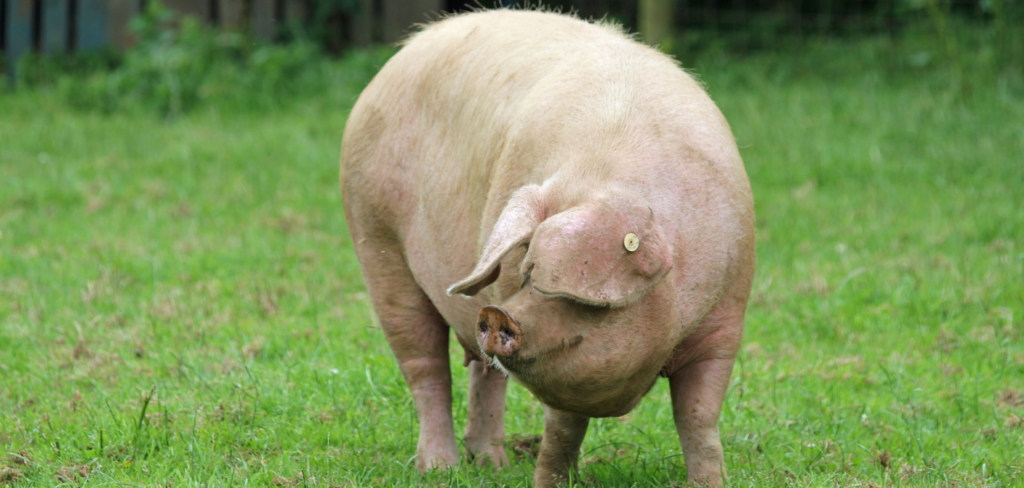A major new genomic study into the genetic markers of the rare Lop pig breed has reinforced the need for robust measures to be in place to tackle in-breeding and prevent further decrease in the population of the rare breed.
The findings pave the way for action to save the rare native pig breed that is far more bespoke and scientifically informed than ever before, said Rare Breeds Survival Trust (RBST) which commissioned the study in conjunction with the British Lop Pig Society.
Hair samples were collected from 190 individual pigs raised in 40 farms, constituting a cross section of the current breeding population. The hair samples were used by experts at SRUC (Scotland’s Rural College) to derive genome-wide genotypes for each pig.
Professor Georgios Banos at SRUC explained: “This work demonstrates the genetic uniqueness of the British Lop pig. We used modern technologies and data to derive information that may be used as a practical breed purity test and also inform breeding strategies aiming to safeguard the integrity of the breed.”
The study identified unique genetic markers for the Lop breed for the first time, as well as identifying a high level of genomic inbreeding and a decrease in the Lop’s effective breeding population size to a concerning level of 40-45.
“The Lop pig is in a perilous position and is categorised as a Priority Breed on the RBST Watchlist due to its low numbers and concerns about genetic diversity,” said rare breeds survival trust chief executive Christopher Price.
“This first ever identification of the genetic markers of the Lop breed not only provides the basis for best animal selection for breeding programmes and for storing genetic material, but it also enables us to form tailored programmes to increase genetic diversity within the breed.”
Mr Price called the study ‘really important’ to ensure other rare native breeds survive too, and said they now hope it will set a template for how other rare breeds could access similar genetic data.
Giles Eustice, who farms with British Lop pigs at Trevaskis Farm in Cornwall and is chairman of the British Lop Pig Society, said the new genomic data was a ‘fantastic boost’ for the breed as it proves there is still the diversity required to bounce back.
“We have a committed following of old and new breeders and I am confident with the new tools we have been given we can achieve the diversity goal required,” said Mr Eustice. “I am interested in using the sequencing to explore some of the ‘Celtic’ white pigs in existence with much similarity to the British Lop; they could hold a diversity key that may be needed.’’
The genomic study is part of a five year project which began in 2019 as partnership between RBST and the British Lop Pig Society with major funding from the Gerald Fallowes Discretionary Trust.
Along with the genome study, the project is collecting embryos and semen to support the strength of the breed now and to bank genetic material in preparation for a future crisis for the breed.




